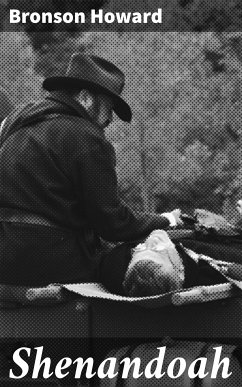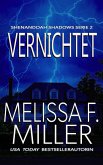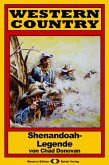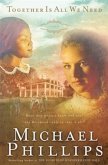In "Shenandoah," Bronson Howard weaves a poignant tale that encapsulates the complexities of the American Civil War era through the lens of a rural family in Virginia. The play is marked by Howard's deft use of realism, showcasing the struggles of loyalty, love, and the clash between personal and political allegiances. Set against the backdrop of the Shenandoah Valley, the narrative unfolds with richly drawn characters whose lives are irrevocably altered by the upheaval of war. Howard's dialogues resonate with authenticity, reflecting the vernacular of the time while also embodying universal themes of sacrifice and resilience, making this work both a historical artifact and a timeless exploration of human emotion. Bronson Howard, known as one of the pioneering figures in American drama, was deeply influenced by his experiences and the socio-political climate of his time. His dedication to depicting the American experience is evident in his body of work, which often foregrounds the nuances of culture, identity, and moral conflict. The intersection of his Midwestern upbringing and exposure to the tumult of the Civil War undoubtedly informed the heartfelt narrative of "Shenandoah." This compelling drama is highly recommended for readers keen on understanding the intricate tapestry of American history through literature. Whether a student of history, a lover of the theatre, or simply a seeker of profound narratives, "Shenandoah" promises to engage and provoke thoughtful reflection on the intricate interplay of personal and collective destinies during one of the nation's most defining moments. In this enriched edition, we have carefully created added value for your reading experience: - A succinct Introduction situates the work's timeless appeal and themes. - The Synopsis outlines the central plot, highlighting key developments without spoiling critical twists. - A detailed Historical Context immerses you in the era's events and influences that shaped the writing. - A thorough Analysis dissects symbols, motifs, and character arcs to unearth underlying meanings. - Reflection questions prompt you to engage personally with the work's messages, connecting them to modern life. - Hand-picked Memorable Quotes shine a spotlight on moments of literary brilliance. - Interactive footnotes clarify unusual references, historical allusions, and archaic phrases for an effortless, more informed read.
Dieser Download kann aus rechtlichen Gründen nur mit Rechnungsadresse in A, B, BG, CY, CZ, D, DK, EW, E, FIN, F, GR, H, IRL, I, LT, L, LR, M, NL, PL, P, R, S, SLO, SK ausgeliefert werden.









